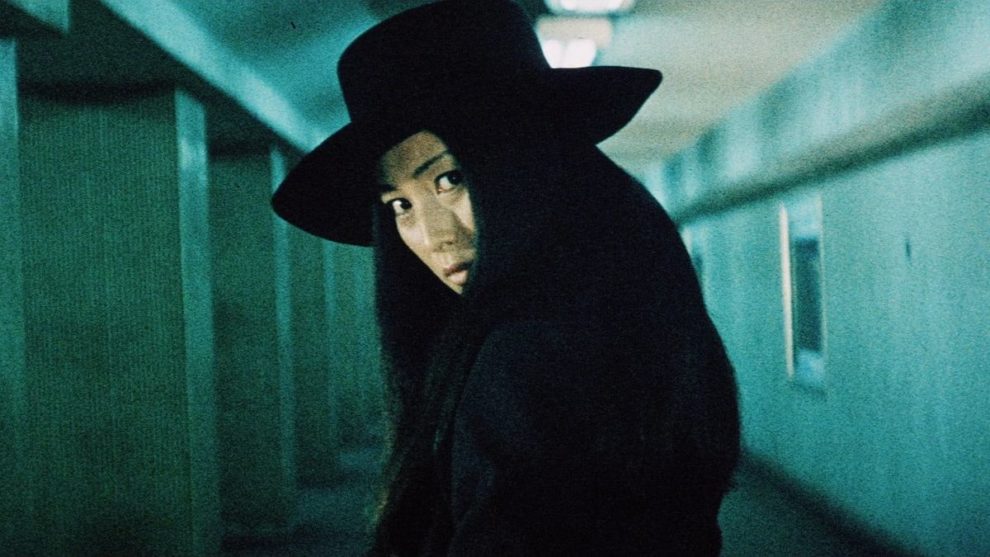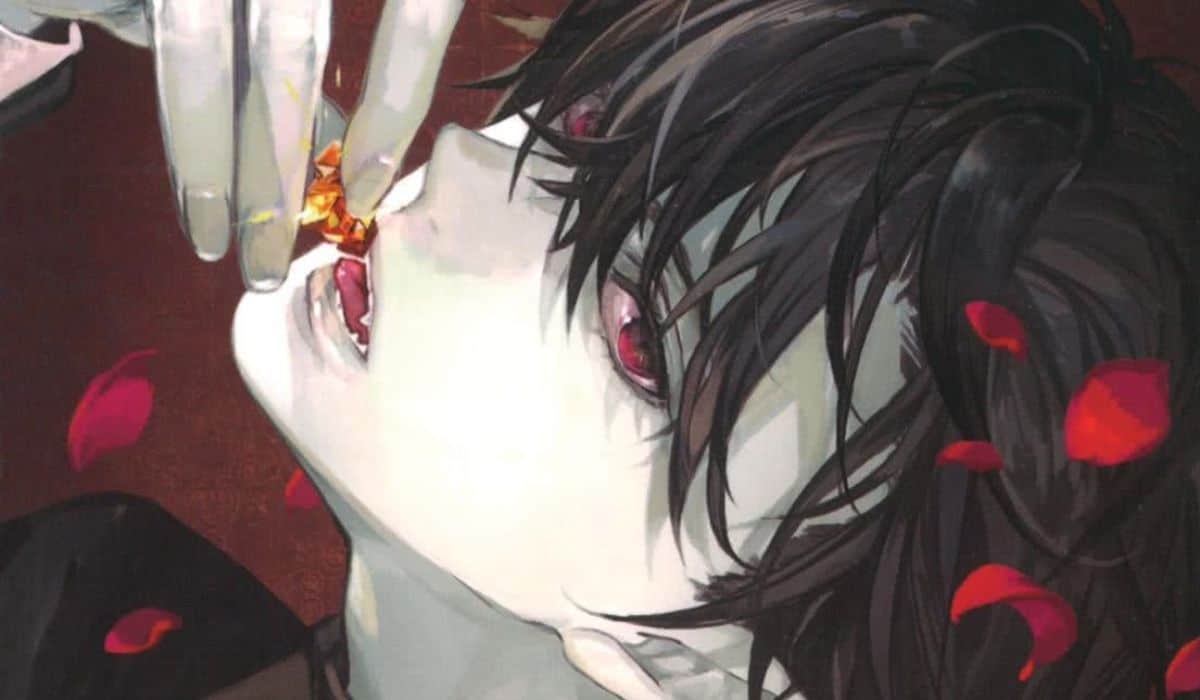Although the way director Shunya Ito had left the series and “Female Prisoner Scorpion: Best Stable” already felt like a fitting conclusion to the story of Nami Matsushima, nicknamed “Sasori” (“Scorpion”), filmmaker Yasubaru Hasebe would be the one to make the final entry into the series. Already acquainted with the exploitation genre, as his contributions to the “Stray Cat Rock”-series or features such as “Retaliation” would indicate, Hasebe again collaborated with Meiko Kaji, whose performances in the director's works had laid the groundwork for her fascinating career. Although the fourth film titled “Female Prisoner Scorpion: 701's Grudge Song” seems like it would have nothing new to offer with regard to the world of the series or indeed its central character, it quite surprisingly presents an interesting facet to Kaji's character while also utilizing all the elements which have defined the franchise.
Years after the events of “Beast Stable” Nami (Kaji) is finally caught by the police, when a team led by Detective Hirose (Hiroshi Tsukata) finds her in a wedding chapel and drags her into a patrol car. However, the law's triumph does not last long as Nami is able to escape, causing the death of several officers. Eventually she manages to hide in a night club, where a young man named Kudo (Masakazu Tamura) works as a caretaker and finds her bleeding and severely wounded after her fight with the cops. As he also has a history with the law, which includes several arrests and a rather gruesome trauma after being violated and beaten by Hirose and his men, he decides to hide Nami until she has gotten her strength back.

However, Hirose and his men become suspicious of Kudo, who has to go through another series of beatings and tortures at the hands of the officers. Rather than frightening him, the experience confirms his newfound will to fight against the system, and also his affection for Nami, who also seems to be somewhat attracted to him. But their relationship does not last long, and in the end Sasori is back behind bars, once again with thoughts of revenge in mind and waiting for the right moment to strike.
One of the key themes of the whole series is the idea of betrayal, which laid the foundation for the development of Nami into the vengeful Sasori. While the transformation was also a means to survive in this world, its corruption and violence was also something of a protective layer for Nami, shielding her from any kind of compassion with her victims. In “Grudge Song” we find many scenes in which this layer seems to crumble, especially during her brief romantic relationship with Kudo, who has had a similar experience with the law and its representatives. Within Meiko Kaji's performance, this proves to be an interesting addition as the audience can witness her sense of trepidation and distrust towards this emotional connection.
Despite these almost romantic notions within its plot, “Grudge Song” is perhaps the most overtly political entry into the series. Whereas the more violent scenes of “Grudge Song” bear some similarities to Hasebe's work in “Retaliation” or “Slaughter Gun”, a character such as Kudo, along with his background, seems to reflect the growing sense of disillusionment and frustration after the 1960s. In the context of the many male figures in the series, all of which represent varying shades of perversion or degradation, Masakazu Tamura's character stands out perhaps not as some kind of “good guy”, but at least a person with some redeeming qualities. Next to Kaji, his is in many ways the most outstanding in “Grudge Song” as he rather impressively portrays a man whose spirit has been broken just as much as his body.
Finally, “Female Prisoner Scorpion: 701's Grudge Song” may not be the strongest entry into the series, but it is nonetheless quite interesting. While containing all the ingredients which have made the franchise popular, it is again Kaji's performance, along with Masakazu Tamura's Kudo and the plot's political undertones, which make Yasubaru Hasebe's contribution to Sasori's story quite fascinating.
















